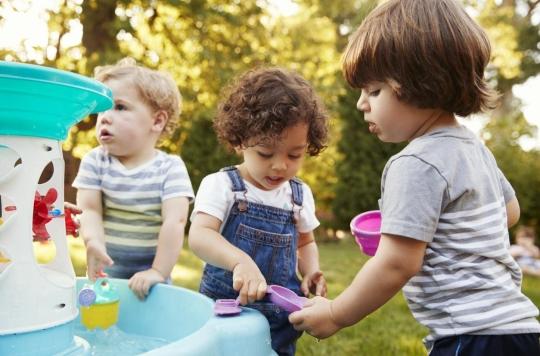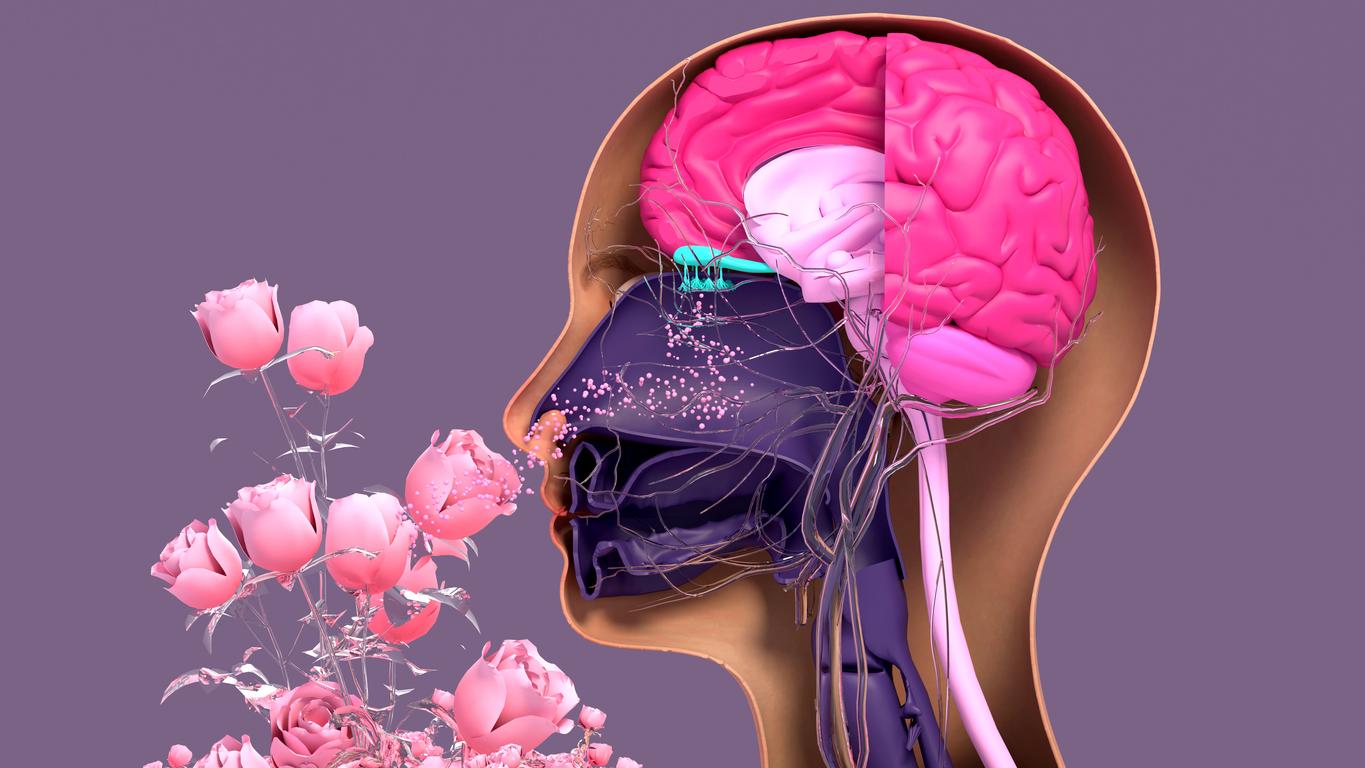Children who play with friends before entering primary school have better mental health.

- Nursery school is often the first opportunity for toddlers to meet children of the same age.
- For children, relationships with parents and caregivers are also important predictors of mental health.
We know that social relationships have an influence on mental health. “The ability to play with other children may be a protective factor against childhood mental health difficulties, but empirical evidence for this is lacking,” said researchers from the University of Cambridge in England. That is why they decided to carry out work, the results of which were published in the journal Child Psychiatry & Human Development June 14.
A study of 1,676 children
For the purposes of this research, the scientists analyzed data from 1,676 children collected when they were between the ages of three and seven. These included a record, provided by parents and caregivers, of how children played in different situations at the age of three.
To investigate the link between playing with others and symptoms of possible mental health problems (hyperactivity, behavioral and emotional problems) at age seven, the team analyzed two sub- groups of children. These were children with high “reactivity”, i.e. easily upset and difficult to calm during infancy, and children with “low persistence”, i.e. toddlers who find it difficult to persevere in the face of a difficult task. .
A protective effect on mental health
According to the results, children who had better ability to play with their friends at age three consistently showed fewer signs of poor mental health four years later. They tended to be less hyperactive, fight less or have disagreements with other children. Parents and teachers also reported fewer behavioral problems and emotional problems.
“We believe this connection exists because through playing with others, children learn the skills to form strong friendships as they grow up and start school. Even though they may be at risk of poor mental health , these friendly networks will often allow them to get by”, said Jenny Gibson, author of the study, in a statement.
Unexpected challenges
The authors pointed out that playing with friends even before going to school often required children to solve problems and face unexpected challenges. “What matters is quality, not quantity. Playing with other children encourages toddlers to collaborate or share”explained Vicky Yiran Zhao, who also participated in this work.
According to the team, these results suggest that giving toddlers who may be vulnerable to mental health problems access to well-structured opportunities to play with other children could be a way to significantly improve their long-term mental health.

















